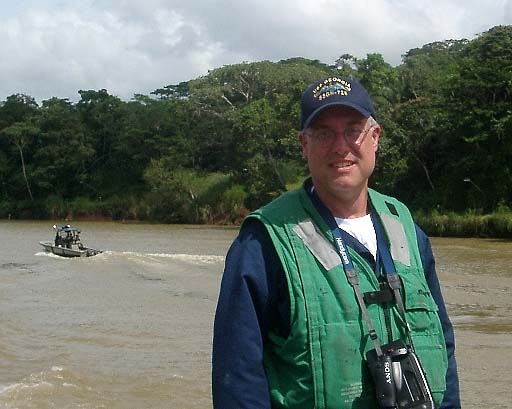Court upholds limit on abortion coverage
SAN FRANCISCO — U.S. armed forces medical benefits don't cover abortion costs unless a mother's life is at risk, a federal appeals court ruled yesterday. A three-judge panel of the 9th U.S. Circuit Court of Appeals said an abortion for a Navy sailor's wife, a Bremerton woman, wasn't covered even after the fetus was diagnosed with a fatal birth defect.Key word - statute. Medical benefits in the Armed Forces are set by law. Of course to the pro-abortion lobby the law is unimportant.
In a 3-0 ruling, the judges acknowledged the ruling was "callous and unfeeling" and said they were not judging the "wisdom, fairness or logic" of congressional legislation that limited abortions under military medical plans.
Lawmakers served a legitimate governmental purpose by denying such benefits because of "an interest in potential life," Judge Richard Tallman wrote for the San Francisco-based court.
The case concerns Jane Doe, whose real identity has been concealed, who had an abortion five months into her pregnancy when doctors said her baby would probably survive only two months. Tests in 2002 showed the baby had anencephaly, a defect that causes a fetus to develop without a forebrain, cerebellum or cranium.
Coverage for the abortion was denied, so she sued, claiming an armed-forces health plan owed her $3,000 for the procedure.
The government paid her after a judge ruled in her favor, but then it appealed to get its money back.
The court, reprinting coverage regulations, wrote: "Abortions performed for suspected or confirmed fetal abnormality ... do not fall within the exceptions permitted within the language of the statute and are not authorized for payment."
Lisa Stone, executive director of the Northwest Women's Law Center, which represented the sailor's wife, said the case was a longshot because federal funds generally cannot pay for abortions except in limited circumstances.Now, if we can get judges to rule according to the law, and not later apologize for it, we will be making some progress.
"We believe it was worth it to pursue it because the basis for upholding the government's ban — the interest in potential human life — does not apply here," Stone said. "There is no potential for human life."
Stone said the center was considering its next move. Options include letting the decision stand, asking the court to rehear the case with all 11 judges or seeking Supreme Court review.






No comments:
Post a Comment